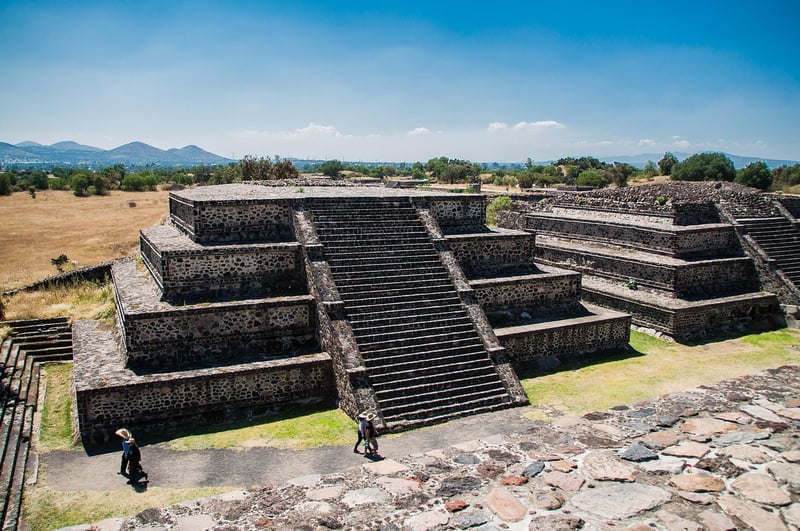Future Tech
Uncovering Ancient Objects with Future Technology
Exploring the mysteries of the past has always been a fascinating endeavor for historians, archaeologists, and enthusiasts alike. With the advancements in technology, the process of uncovering ancient objects has been revolutionized, providing new insights and preserving our cultural heritage for future generations.
The Role of Technology in Archaeology
Technology plays a crucial role in modern archaeology, allowing researchers to delve deeper into the past with precision and efficiency. Ground-penetrating radar, LiDAR (Light Detection and Ranging), and 3D scanning are just a few examples of how technology is transforming the field of archaeology.
Virtual Reality and Augmented Reality
Virtual reality (VR) and augmented reality (AR) have opened up new possibilities for experiencing ancient artifacts and sites. Through immersive digital simulations, individuals can explore ancient tombs, cities, and artifacts as if they were right there in person.
Preservation through Digitization
Digitization has become a key aspect of preserving ancient objects for future generations. High-resolution imaging, 3D modeling, and digital databases ensure that even the most delicate artifacts can be studied and shared without risking damage through physical handling.
Combining Past and Future
By combining the wisdom of the past with the innovation of the future, we can unlock the secrets of ancient civilizations in ways never before possible. Future technologies will continue to enhance our understanding of history and shape the way we interact with ancient objects.
Explore Further
If you're interested in learning more about the intersection of ancient objects and future technology, check out these resources:
Gallery of Ancient Objects


